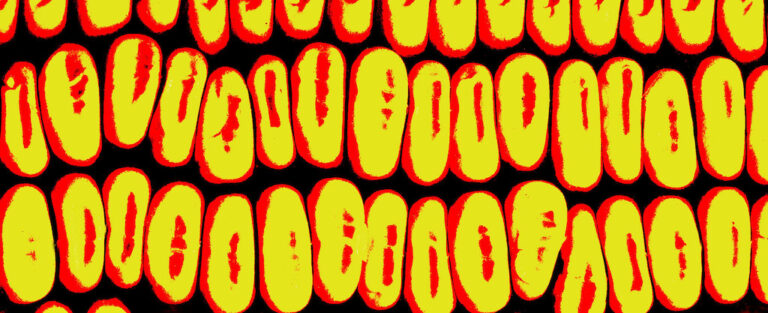In Digitize and Punish, Brian Jefferson argues that the US policing and incarceration infrastructure is increasingly marked by new forms of racialized digital criminalization. Examining the incorporation of digital technologies into the criminal justice apparatus, Jefferson shows the central role that digital technology and data science has had in reinforcing racial surveillance practices since the War on Drugs and Crime began more than four decades ago. Jefferson’s timely new book traces the merging of carcerality and technology in Chicago and New York City, unveiling forms of digital racial management that have remained largely obscured from the public.
Keyword: abolitionism
Review of Prison Land: Mapping Carceral Power Across Neoliberal America by Brett Story (University of Minnesota Press)
Brett Story’s Prison Land: Mapping Carceral Power Across Neoliberal America offers a timely reflection on the role of mass incarceration in remaking the neoliberal contours of contemporary U.S. culture. Working within the traditions of critical prison studies and structural critiques of neoliberalism, Story offers detailed portraits of a number of landscapes shaped by the logic of mass incarceration. She persuasively argues that the work of prison abolitionism must also encompass the deeper structural projects of abolishing racism and other injustices in society at large. This book is best read alongside the documentary, The Prison in Twelve Landscapes (2016), by the same author.

